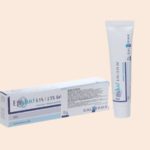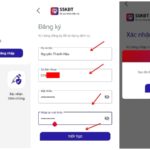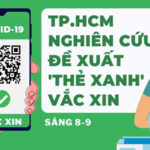Ho Chi Minh City has commenced its COVID-19 vaccination program, offering several types of vaccines:
– AstraZeneca (UK)
– Sputnik V (Russia)
– Sinopharm (China)
– Pfizer
– Moderna
The following article provides important information and precautions to take before and after receiving a COVID-19 vaccine. Let’s take a look.
For further reference:
1. Precautions before receiving a COVID-19 vaccine
Required documents:
-
ID card/citizen identification card
-
Health insurance card (if any)
-
Medical records, discharge papers, prescriptions, vaccination records, etc. from recent visits (if any)
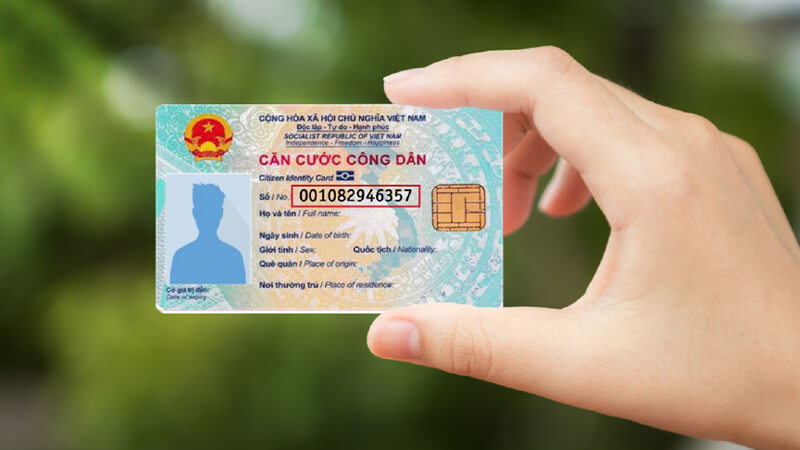 ID card/citizen identification card is a required document for COVID-19 vaccination
ID card/citizen identification card is a required document for COVID-19 vaccination
Before going for your COVID-19 vaccination, you need to:
-
Download the PC-COVID app on your smartphone (Android or iOS) and fill in the necessary information.
-
Always wear a mask and follow the 5K message when going for vaccination.
-
Ensure you eat and drink sufficiently before the vaccination.
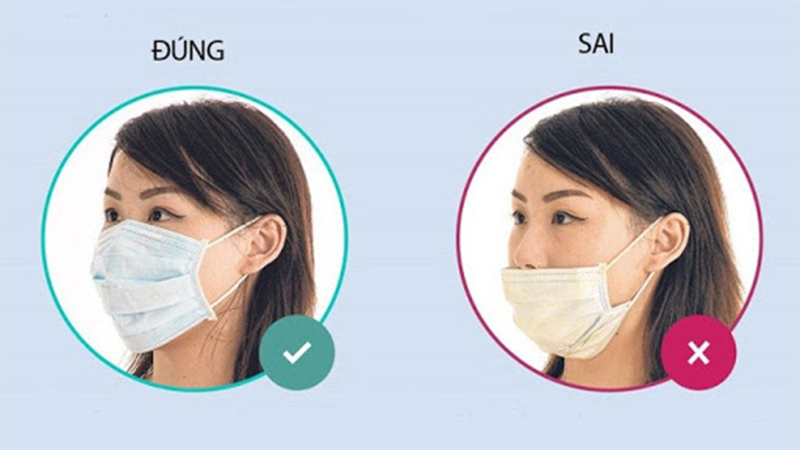 Wear a mask during the COVID-19 vaccination process
Wear a mask during the COVID-19 vaccination process
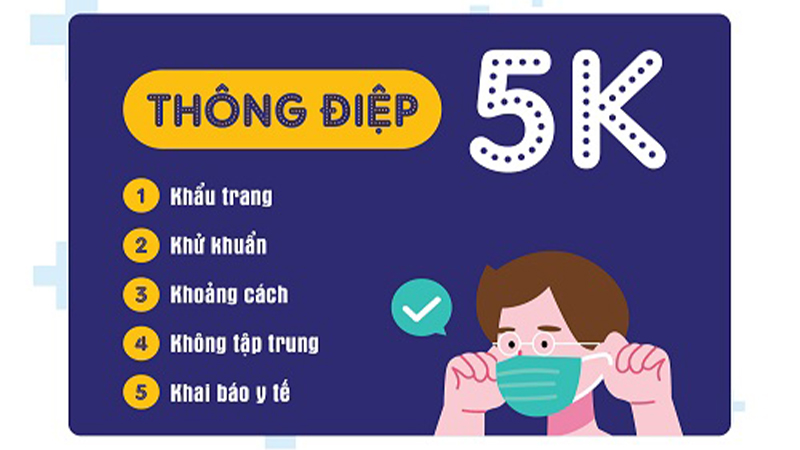 Follow the 5K message during the COVID-19 vaccination process
Follow the 5K message during the COVID-19 vaccination process
You should proactively inform medical staff about your health status. Some points to note that you need to inform them of (if applicable) include:
-
Current health conditions such as fever, acute illness, etc.
-
Any chronic illnesses or ongoing treatments.
-
Any medications or treatments used recently.
-
History of allergies or anaphylaxis to any agents.
-
If it is your second dose, inform the medical staff of any reactions you experienced after the first dose.
-
Inform them if you have been infected with SARS-CoV-2 or had COVID-19.
-
Any vaccines received or oral vaccines taken within the last 14 days.
-
Whether you are pregnant or breastfeeding (for women of childbearing age)
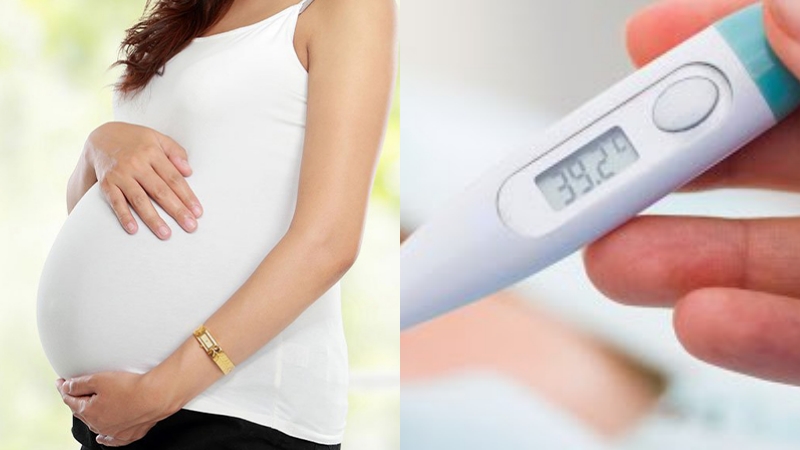 Pregnant women, people with high fever, or those on medication need to inform medical staff before vaccination
Pregnant women, people with high fever, or those on medication need to inform medical staff before vaccination
Take the initiative to ask medical staff about:
-
The type of COVID-19 vaccine you will receive and the schedule for the next dose.
-
Possible signs and symptoms that may appear after vaccination and how to handle them.
-
The medical facility’s contact information in case of an emergency.
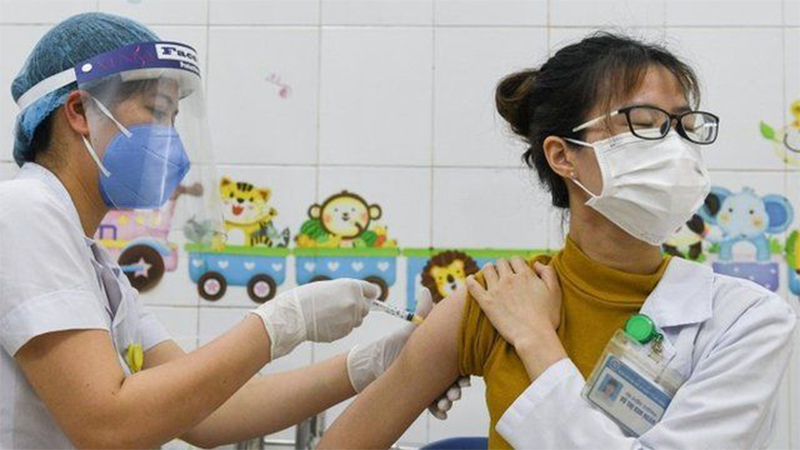 Take the initiative to learn about the type of COVID-19 vaccine you will receive
Take the initiative to learn about the type of COVID-19 vaccine you will receive
Watch this video for more information on what to do before receiving a COVID-19 vaccine:

2. Precautions after receiving a COVID-19 vaccine
Monitor your health after receiving a COVID-19 vaccine:
-
Stay at the vaccination site for 30 minutes so that medical staff can monitor you for early detection of any adverse reactions.
-
When you return home or to work, continue to monitor your health for three weeks after the vaccination.
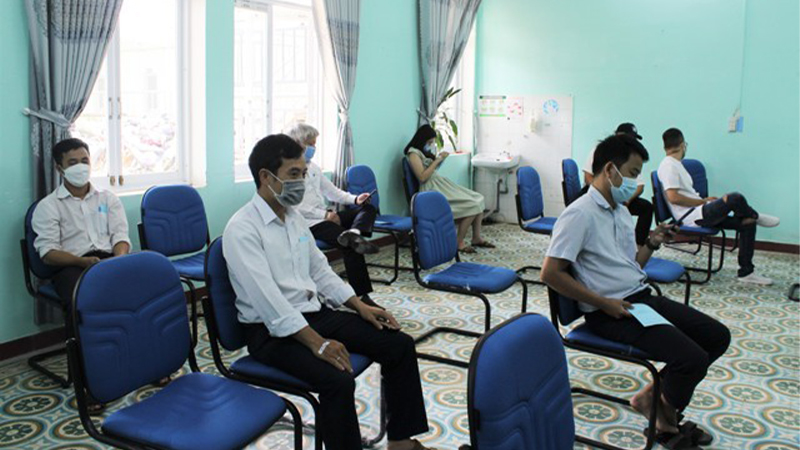 Stay in the waiting room for 30 minutes to be monitored for any reactions after vaccination
Stay in the waiting room for 30 minutes to be monitored for any reactions after vaccination
Some common signs and symptoms after receiving a COVID-19 vaccine:
These are some typical signs that your body is building immunity against COVID-19:
-
Fever, fatigue, headache, chills.
-
Muscle pain, joint pain, increased sensitivity to pain.
-
Itching, swelling, redness, pain at the injection site, restlessness.
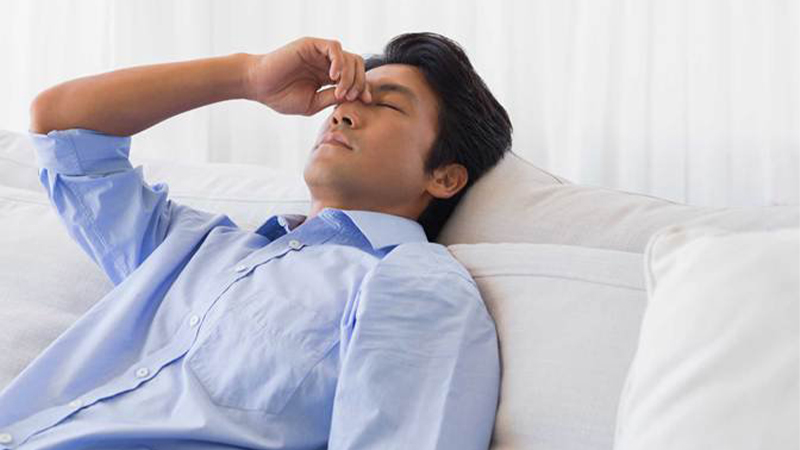 Fatigue, headache, chills, and fever are common signs after receiving a COVID-19 vaccine
Fatigue, headache, chills, and fever are common signs after receiving a COVID-19 vaccine
Serious adverse reactions after receiving a COVID-19 vaccine:
If you experience any of the following serious signs and symptoms after vaccination, seek immediate medical attention for examination, diagnosis, and timely treatment:
-
Gastrointestinal symptoms: Vomiting, diarrhea, abdominal pain, etc.
-
Respiratory symptoms: Shortness of breath, wheezing, whistling sound when breathing, difficulty breathing, feeling of suffocation, cough, etc.
-
General symptoms: Weak pulse, dizziness, fainting, feeling of falling, muscle spasms, etc.
-
High fever above 39 degrees Celsius.
According to ThS. BS Nguyen Hien Minh from the Vaccination Unit of Ho Chi Minh City University of Medicine and Pharmacy: “After receiving a COVID-19 vaccine, the vaccinated individual can take painkillers and antipyretics if they experience common symptoms.”
Specifically, acetaminophen, also known as paracetamol, can be used with various trade names and formulations, including tablets, effervescent tablets, and powder.
It is essential to refrain from using herbal or leaf patches, or ointments of unknown origin on the swollen or painful area around the injection site. Do not use chemotherapy or radiotherapy drugs, or immunosuppressants within 14 days after COVID-19 vaccination as they may reduce the vaccine’s effectiveness.
For further reference:
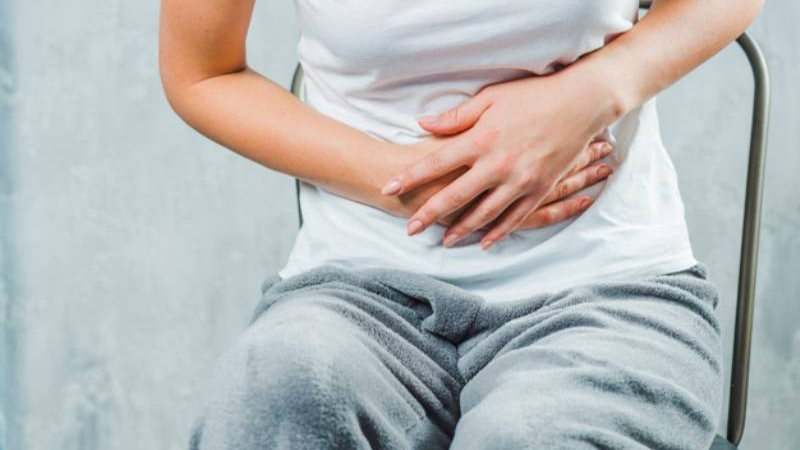 Serious symptoms after COVID-19 vaccination include diarrhea and abdominal pain.
Serious symptoms after COVID-19 vaccination include diarrhea and abdominal pain.
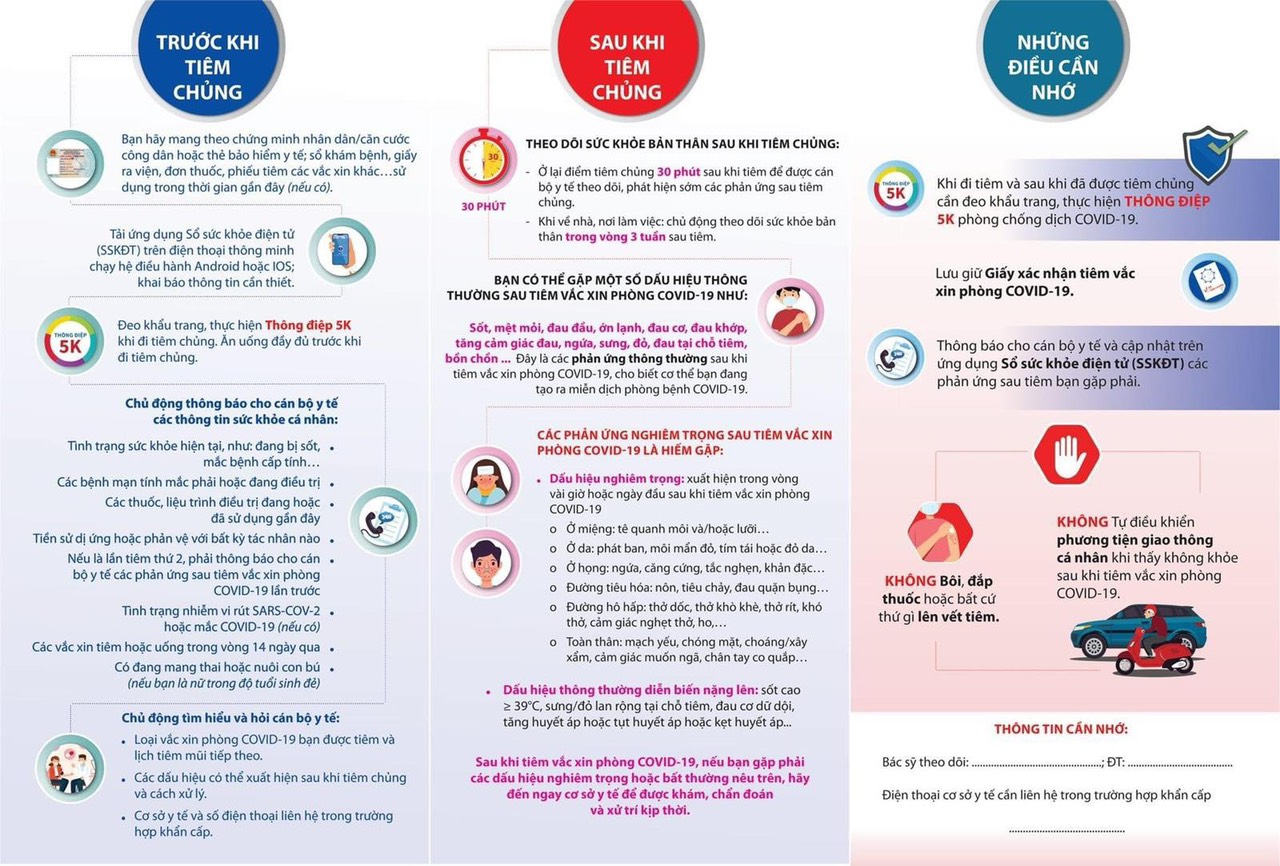
For further reference:
The above are some essential precautions to take before and after receiving a COVID-19 vaccine. We hope this article has provided you with the information you need to know regarding COVID-19 vaccination.
Analyzing Distinctions Between Covid-19 and Seasonal Flu Respiratory Illnesses
Have you been feeling under the weather lately? It might be difficult to tell whether it’s Covid-19 or flu symptoms you are experiencing. Fortunately, there are a few identifying factors that can help us differentiate between these illnesses. In this article, we’ll discuss the key differences between Covid-19 and seasonal flu.
Explaining Ho Chi Minh City’s Eligibility Criteria for Blue and Yellow Cards in Relation to COVID-19
Are you a resident of Ho Chi Minh City looking to understand what the green and yellow cards mean for COVID-19? Are you curious to know who is eligible and what advantages these cards bring? Then look no further! This article aims to give you an in-depth look at the details and help you to make preparations if you meet the criteria.

























